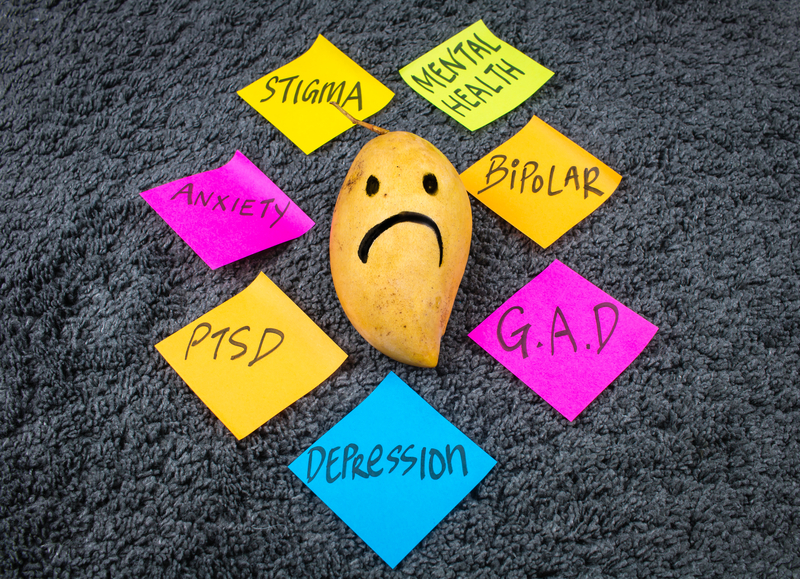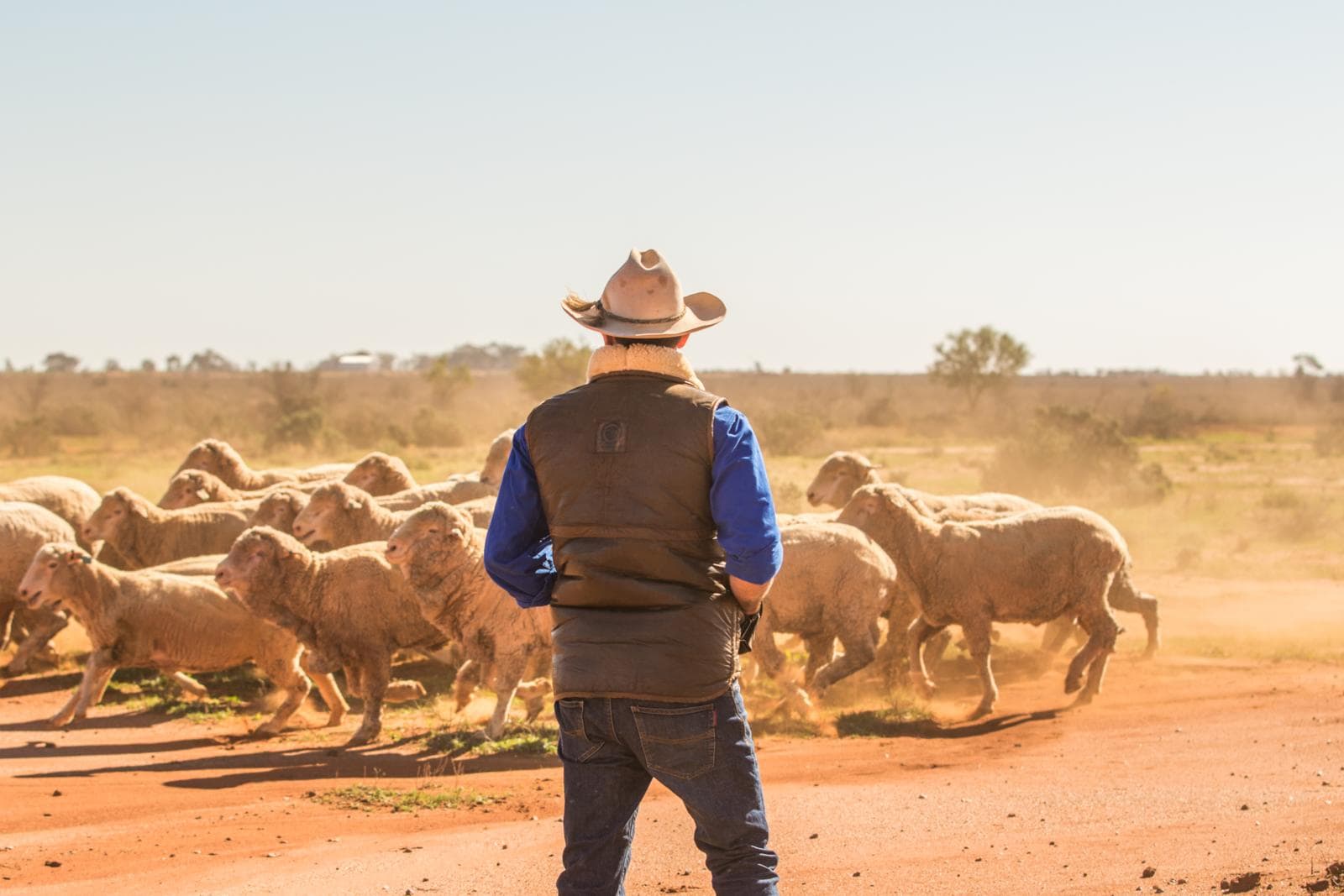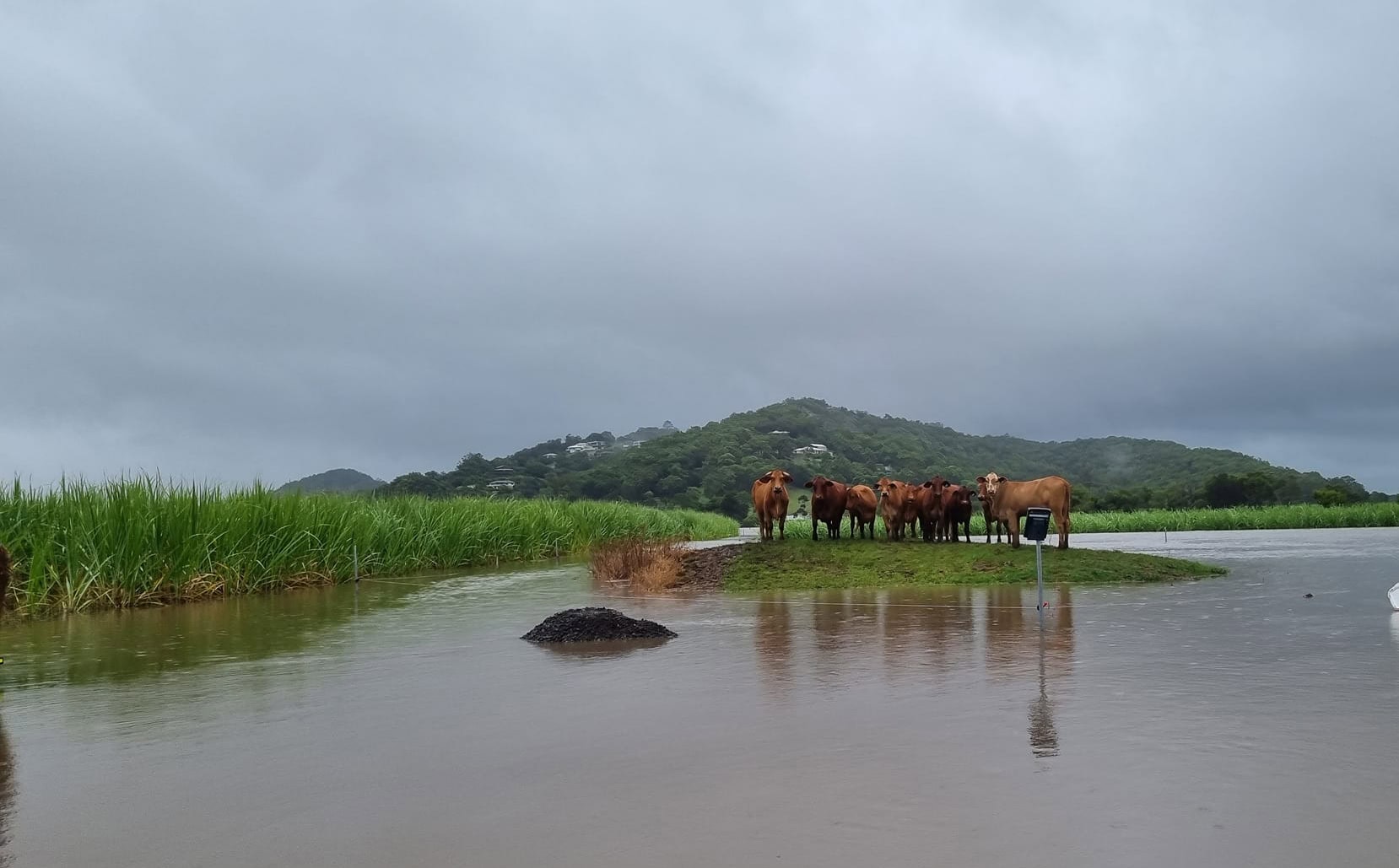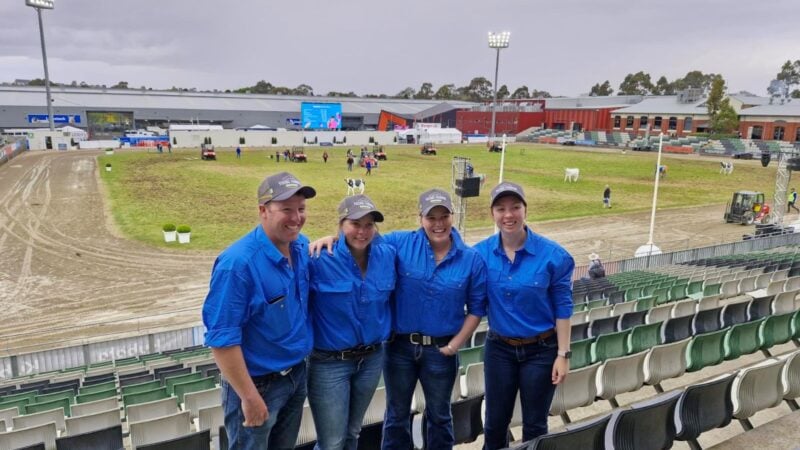NSW Farmers has warmly welcomed Daryl Quinlivan as the state's first Agriculture Commissioner with CEO…
Become a mental health first aider

Farmers are being invited to become mental health first aiders through a free training opportunity with the NSW Farm Safety Advisory Program.
Farm safety advisor Ian Porch said understanding how to talk about mental health and help someone in need are important skills.
“Many people feel uncomfortable and unprepared when thinking about starting a conversation with someone they are concerned about,” Ian says
“At a Mental Health First Aid course, you will learn how to recognise the signs and symptoms of mental health problems and learn the skills to feel confident and able to help.
It means that you can assist someone developing a problem or experiencing a crisis and make a real difference to your community.”
Ian said the NSW Farm Safety Advisory project is seeking expressions of interest from farmers and other community members, with a view to holding the courses in regional centres.
“Mental health first aid is an evidence-based training course which gives your employees the skills and confidence to have supportive conversations with their co-workers and help guide them to professional help if needed,” he says. “It has been shown to increase knowledge, confidence and helping behaviours, and reduce stigma.”

The 12-hour educational course is conducted over two days and is based on the work of Mental Health First Aid (MHFA) Australia – a national not-for-profit organisation focused on mental health training and research.
MHFA courses teach members of the public how to provide initial help to a person who is developing a mental health problem, experiencing a worsening of an existing problem, or in a crisis. The first aid is given until appropriate professional help is received, or the crisis resolves.
Since its inception in 2000, MHFA has evolved into a global movement across Australia and in over 27 countries. To date, over 3 million people worldwide have been trained, including over 800,000 Australians.
“More and more workplaces are realising the impact of mental health problems at work on their people and productivity,” Ian says “Encouraging early help-seeking is one way to promote a mentally healthy workplace. This is where Mental Health First Aid can help.”
Spike in mental health needs
New data has revealed a sharp rise in the use of mental health services in NSW and an increase in psychological distress during the COVID pandemic and recent natural disasters.
The Mental health services in Australia report says the total number of Medicare-supported mental health services provided per 1,000 population in NSW increased by 12.8 per cent from 2019-20 to 2020-21.
“What this means is that the mental health sector in NSW has been able to rise to the challenge presented by the pandemic as well as the natural disasters that the state experienced during this period,” said Mental Health Commissioner of NSW, Catherine Lourey.

However, statistics may not reveal the entire picture.
“While it is good to see more people are getting access to services, on the ground people are telling us that they are waiting several months for services,” Ms Lourey says.
“All of us felt the economic, social, and emotional impacts of the pandemic, and at the same time large parts of the NSW community were enduring unprecedented flooding, drought and bushfires, often one coming on top of another,” she says. “Successive traumatic events can have far-reaching and compounding consequences for mental health and wellbeing.”
Ms Lourey said the impacts of the pandemic and other disasters on mental health and wellbeing often surface months and even years after an event.
“As we all know the pandemic is not over, and we will continue to see impacts for a long time to come,” Ms Lourey says. “What we must continue to do is be vigilant and ensure that evolving community needs are matched by the right services provided at the right time and in the right place.”
Conducted by the Australian Institute of Health and Welfare, the report provides information on the health care and social care services accessed by people experiencing mental ill health.
Interested in mental health? Read how Broken Hill farmer Brendan Cullen overcame depression through training to swim across the English Channel








